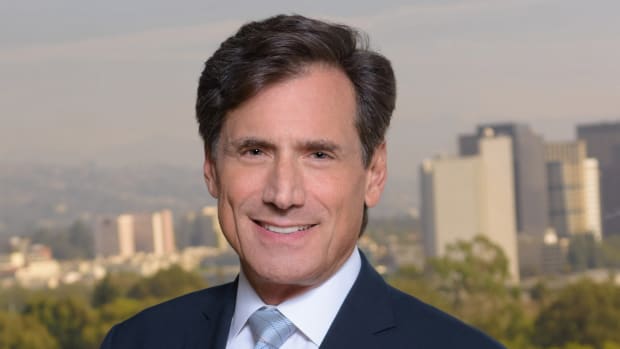
FPA Crescent (FPACX) isn’t your grandfather’s type of mutual fund. It goes anywhere for any kind of investment.
“FPA Crescent’s learned managers focus on capital preservation with an unorthodox approach,” Morningstar analyst Chris Tate wrote in a commentary. He gave the fund Morningstar’s highest rating of gold, noting that the managers “invest wherever compelling risk/reward opportunities exist.”
That has led the fund to post annualized returns of 6.29% over the one-year period through June 5, 10.25% for three years, 7.12% for five years and 7.07% for 10 years, according to Morningstar.
Among funds classified as “moderately aggressive allocation” by Morningstar, FPA Crescent’s return is in the third percentile for one year, ninth percentile for three years, 12th for five years and 44th for 10 years.
We recently spoke to Steve Romick, co-portfolio manager of FPA Crescent, about the fund and his investment philosophy.
TheStreet.com: What is your investment philosophy?
Romick: We’re value investors. We seek equity returns with less risk. We invest across the capital structure [and across geographies]. We invest in small, medium and large-cap stocks – more medium now.
Where there’s fear is where we’ll be. We want good assets at good prices. Value investing gives us a margin of safety.
We’re also long-term investors. We hold our positions as long as they’re prosperous and attractive. That can be very long-term. Of our 10 biggest stock positions, the average holding time is more than five years.
TheStreet.com: How does geography figure into your investment decisions?
Romick: We look around the world for opportunities. Of course we prefer good oversight by foreign regulatory bodies. We don’t want to be in the middle of a civil war. But our starting point for companies is not where they’re domiciled, but where their growth is coming from.
TheStreet: Where are the best opportunities for stocks now?
Romick: We’re shopping. With interest rates up, we’re spending a lot of time in real estate. [Higher rates have pushed real estate prices down]. We’re looking at REITS (real estate investment trusts), mortgages, equity and debt.
The higher rates mean good bargains. Things aren’t as bad as people think. We’re still early [in the real estate correction]. It’s not done yet. But by the time we’re in the later innings, prices may already reflect that. You have to think about your average price, not the best price.
We haven’t bought significantly yet, we’re just spending time. We’re focusing broadly on commercial real estate, where the bad news is focused. People think highly of industrial, multi-family and data-center real estate.

FPA Crescent
TheStreet.com What about bonds?
Romick: We have owned busted convertible bonds. [As Investopedia explains it, “a busted convertible security is a convertible bond where the underlying stock trades far below its conversion price. That causes it to act solely as a bond, given that there is a very low probability that it will ever reach the convertible price before maturity.]
These were tech companies that fell from favor. We purchased them at attractive yields -- 10% or more. That’s money-good paper. We have made a little money. We have stayed away from high-yield bonds.
It’s important to note that our returns are driven not just by what we own, but also by what we don’t own. We have avoided losses in the regional bank debacle and in the blow-up of technology stocks in 2022.
TheStreet.com: Can you talk about a couple of your favorite stocks?
Romick: 1. Holcim (HCMLY) , [a Swiss construction materials company that is the largest cement maker in the U.S.] The cement industry is growing over time. I don’t see anything to disintermediate it. And Holcim has improved its profits through economic cycles.
It’s got very good growth. Its price-earnings ratio is far below the market, but its earnings growth is not significantly different than the market. Its earnings growth should do as well as the market over time – at a discount price.
2. Alphabet (GOOGL), [the search/technology titan]. At various times people have been fearful about what could happen to it. There have been worries about search getting disrupted. Now there’s worry about ChatGPT [disrupting Google’s search function with artificial intelligence].
Alphabet has some economic sensitivity because of [its dependence on] ads. But a lot of Alphabet businesses aren’t showing up in earnings. They’re either non-earning or under-earning. YouTube hardly earns anything, and Waymo, Alphabet’s autonomous driving division, loses money.
All these businesses have a value. Alphabet is one of the leaders in AI. The stock trades at a reasonable P-E ratio net of cash and the value of non-earning and under-earning businesses. In the next 10 years, Alphabet should have better earnings growth than the market.
The author of this story owns shares of Alphabet.







